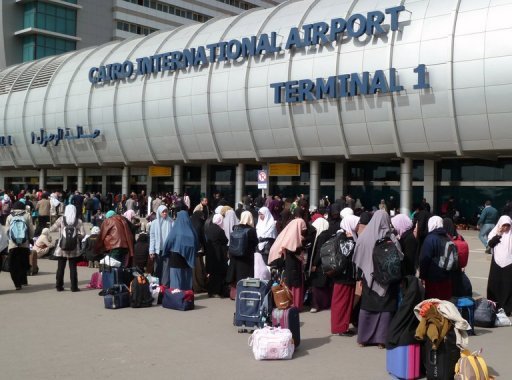CAIRO: With legislative elections coming up on Nov. 28, as President Mubarak announced earlier this week, it’s no surprise that party politics has become the talk of the town.
The seasonal antics of the (eternal) ruling National Democratic Party (NDP), the daily surprises of Al-Wafd, the internal conflicts of the Muslim Brotherhood and the secret plans of the National Association for Change have understandably dominated newspaper inches and airtime in Egypt’s media.
But speculation over whether President Mubarak will become the NDP’s nominee for the 2011 presidential elections has for now subsided since high-ranking NDP official Ali El Din Hilal said in a recent statement to Al Hurra TV that Mubarak senior is the party’s nominee at a time when observers have noted that groups supporting his son Gamal have suddenly disappeared from the scene.
But while this is all undeniably very important, it’s not the elections that are dominating Egyptian living room conversations these days, but Egypt’s next real challenge: tomatoes.
Last week, I probably had one of the most expensive bowls of salad I’ve eaten in my life, with the price of tomatoes shooting up to LE 15 per kilo, not to mention cucumbers that reached LE 5 per kilo and a mini capucci lettuce going for LE 8.
The Ministry of Agriculture has attributed the price inflation to a decrease in the supply of the vegetables, which was caused by three elements that have damaged the crops: higher temperatures, the white fly and a virus.
That’s all well and good, but it literally doesn’t put food on the table, to the extent that Egypt’s low income families have forfeited cooked food altogether – adding to the long list of food they have given up on including meat, poultry and fish. Many now make do with a piece of cheese and eggs and fava beans, which have also seen an unprecedented rise in prices, with wholesalers selling it for almost LE 6 and retailers for at least LE 7.
But as they say, one man’s meat is another man’s poison. With this food crisis, buying votes next November will be easier than ever before: while in the past candidates used to give out kilos of meat, now the going price could be a couple of kilos of good tomatoes.
But you never know what other crises will arise by zero hour next month: fava beans, sugar, butane gas cylinders, or perhaps water?
Let’s just hope candidates don’t start buying votes with bottles of fresh air as Cairo anticipates the annual black cloud and sand storms that may play into the hands of greedy wannabe Members of Parliament who no sooner win the vote then disappear into the sinewy alleys of the PA building, nap during sessions or get caught on camera sampling sunflower seeds and pistachios.
Rania Al Malky is the Chief Editor of Daily News Egypt.



